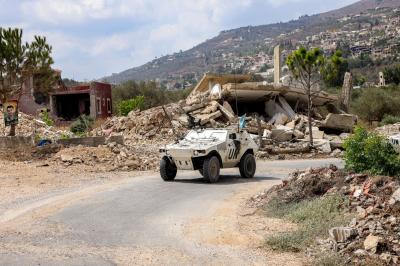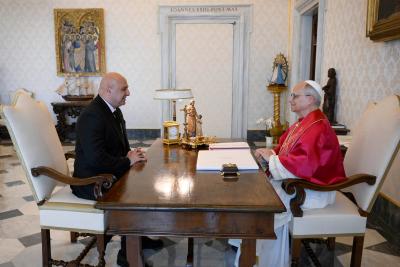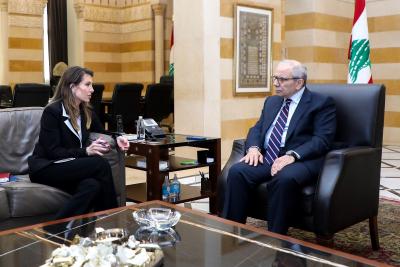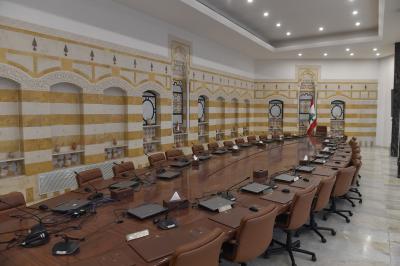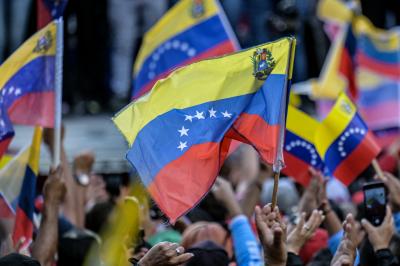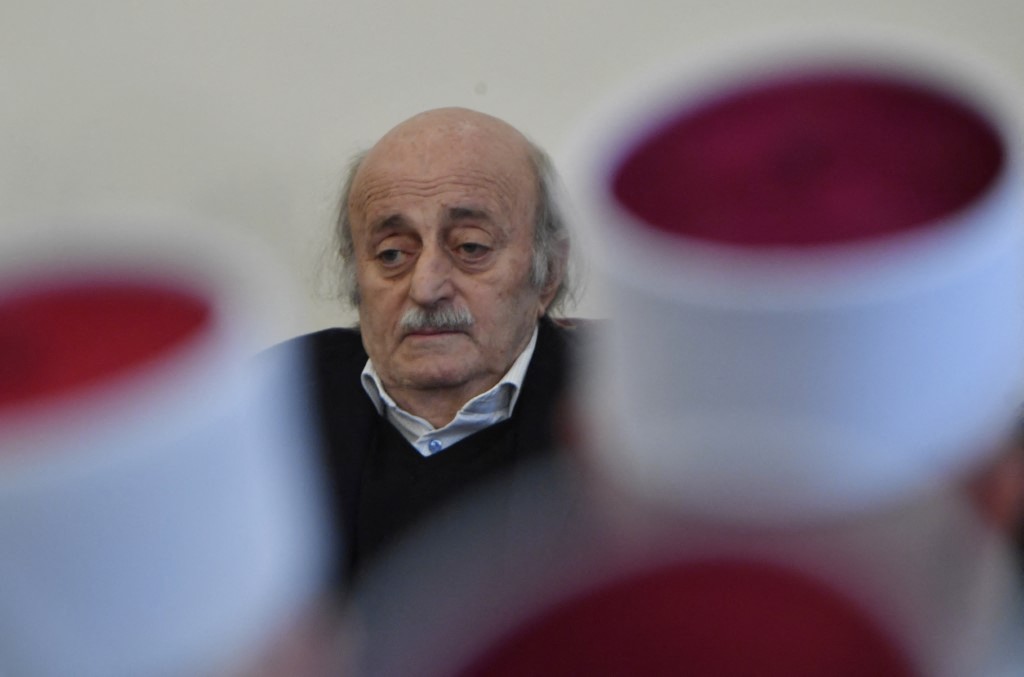The recent unrest in Sweida has set off alarm bells for Walid Jumblatt, who views the events as a troubling sign for the future of the Druze community in Syria—and potentially for Lebanon as well. Ironically, the very regime Jumblatt once turned to for protection has failed to dispel his growing fears.
Following the fall of Syria’s former regime, Jumblatt shaped his stance around two key assumptions: first, that it was natural to align with a new leadership rather than the one that assassinated his father; and second, that distancing himself from Assad’s regime had brought him political leverage in the Lebanese arena. This shift became most evident after the 2005 assassination of Rafik Hariri, when Jumblatt appeared to adopt a “wait by the river for your enemies’ bodies” strategy.
But the new Syria has not yet inspired confidence. The first signs of unease emerged during the revolution in Idlib, where extremist groups openly rejected any form of diversity or minority inclusion.
Jumblatt’s visit to former Vice President Farouk al-Sharaa—once seen as a moderate voice—did not yield the results he had hoped for. He had approached the meeting believing that al-Sharaa, with his reputation for protecting minorities, would preserve the Druze role within the system. Jumblatt also assumed his influence over Syria’s Druze would mirror his standing among Lebanon’s Druze. But sources say the visit left him even more unsettled, both in tone and substance.
Jumblatt sensed that al-Sharaa did not welcome his interference in Syrian Druze affairs. Over time, voices within the Syrian Druze community began to drift from their traditional allegiance to the Lebanese Druze leader. Sheikh Hikmat al-Hijri, in particular, started charting an independent path, aligning more closely with the rhetoric of Sheikh Mowafaq Tarif in Israel. Jumblatt responded with visible detachment.
These developments deepened Jumblatt’s anxiety. He had wrongly believed that countries backing the Syrian regime—like Saudi Arabia and Turkey—would facilitate his outreach to al-Sharaa. After their meeting, his fears intensified, prompting a visit to Turkey in search of reassurances.
Jumblatt had hoped that changes in Syria would bolster his ties with Saudi Arabia and that U.S. support for al-Sharaa would help protect Syria’s Druze. But the violence along the coast only heightened his concerns, suggesting the regime was reverting to old patterns in its dealings with minorities.
And yet, despite everything, Jumblatt saw no alternative but to urge the Druze to remain under the protection of the state—warning against relying on Israel, which, he argued, could never be trusted and would eventually abandon them in pursuit of its own interests.
This reconciliatory approach toward Damascus, however, found little resonance among Druze communities both in Syria and Lebanon. In Lebanon, dissenting voices grew louder, especially after Jumblatt’s declaration that his party had handed over its weapons—a move many considered dangerously premature given the volatility of the region. Fear alone, critics argued, cannot counter existential threats.
Then came the eruption in Sweida—an explosion rooted in months of tensions under the new leadership of Ahmad al-Sharaa. Jumblatt now found himself caught between two bitter choices: reconciling with the Syrian regime or entertaining the unthinkable—accepting Israeli protection for the Druze.
Two diverging camps emerged. One, led by Jumblatt, advocated dialogue with Damascus. The other saw the regime as deceitful and called for an alliance with Israel. Trapped between these two poles, Jumblatt clung to his refusal to rely on Israel—but his message began to feel increasingly out of step with the realities on the ground.
Jumblatt’s concerns are not limited to Syria. They extend to Lebanon, where tensions are escalating and calls for rearmament and confrontation are growing louder. Some critics argue that his discourse has become too weak, too disconnected from the existential stakes facing the Druze.
Making matters worse is the rising tension with local tribes—a development Jumblatt sees as doubly dangerous. The Syrian regime, having co-opted these tribes in its clashes with the Druze, has only added layers of complexity and sectarian tension to the crisis.
Jumblatt’s anxiety runs deep. He is now pushing to rally Lebanon’s Druze around a unified position, hoping to prevent the Syrian conflict from spilling over into Mount Lebanon and its neighboring Sunni areas. During a recent meeting with the U.S. envoy, Jumblatt expressed his fears about Sweida and warned of the potential danger creeping into Lebanon. Having surrendered his weapons, he now finds himself militarily exposed.
His proposal to visit Syria again met with little enthusiasm—a clear signal that his relationship with Damascus is strained. It appears that al-Sharaa intends to govern Syria independently, including its minorities. But in a country where existential fear reigns, there is no guarantee that what happened to the Kurds who refused to disarm—or even to some Alawites and Christians—won’t one day befall the Druze.
Jumblatt, who has lived in a state of anxiety since his father’s assassination, had hoped to pass on to his son a unified, secure Druze community. But Syria’s shifting winds are blowing in another direction.
What comes next?
Even Jumblatt no longer dares to ask the question aloud. And his once-sharp political instincts may no longer be enough to find the answer.
Please post your comments on:
[email protected]
 Politics
Politics
